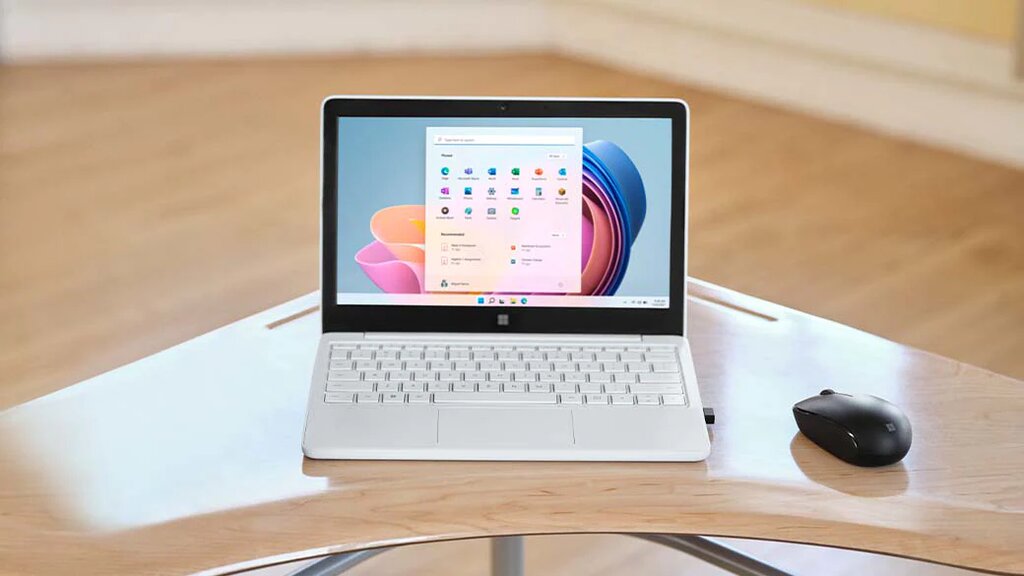
Buy Laptop For Best Prices
Buying a laptop can be a significant investment, but finding the best prices doesn’t have to be daunting. This guide will help you navigate through the process of purchasing a laptop at the best possible price, ensuring you get the most value for your money.
1. Understand Your Needs
- Identify Your Requirements: Determine the purpose of the laptop (e.g., gaming, business, student use).
- Specifications: List essential features and specifications you need (e.g., processor, RAM, storage capacity).
2. Research and Compare
- Online Research: Use comparison websites, forums, and reviews to research different laptop models.
- Price Tracking Tools: Utilize price comparison tools and browser extensions to monitor price fluctuations.
Chargers for Laptop
A laptop charger is a crucial accessory for maintaining productivity and ensuring your device operates efficiently. This guide aims to help you navigate the process of selecting the right charger for your laptop, ensuring compatibility and reliability.
1. Understanding Laptop Chargers
- Importance of Compatibility: Discuss why choosing the correct charger is essential for your laptop’s longevity and performance.
- Types of Chargers: Overview of different charger types (e.g., AC adapters, USB-C chargers) and their compatibility with various laptop models.
2. Identifying Your Laptop Charger Specifications
- Voltage and Amperage Requirements: Explain how to find the correct voltage and amperage specifications for your laptop model.
- Connector Types: Guide on identifying the correct connector type (e.g., barrel connector, USB-C) for your laptop.
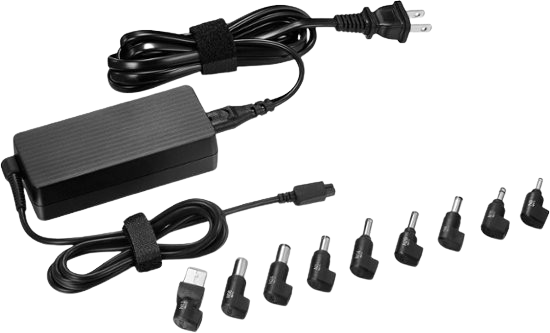

Buy keyboard For Laptop
Choosing the right keyboard for your laptop can significantly enhance your typing experience and productivity. This guide covers everything you need to know about selecting the perfect keyboard that meets your needs and preferences.
1. Types of Keyboards
- Standard Keyboards: Overview of traditional keyboards compatible with laptops.
- Mechanical Keyboards: Benefits and considerations of mechanical keyboards for laptop use.
- Compact Keyboards: Exploring smaller form factors like tenkeyless (TKL) and 60% keyboards.
2. Compatibility and Connectivity
- USB vs. Bluetooth: Pros and cons of wired (USB) and wireless (Bluetooth) connectivity options.
- Compatibility Check: Tips on ensuring the keyboard is compatible with your laptop’s operating system and connectivity ports.
Buy SSD For Laptop
Upgrading your laptop with a solid-state drive (SSD) can dramatically improve its performance and responsiveness. This guide will help you navigate through the process of selecting the right SSD for your laptop, ensuring you make an informed decision that meets your needs.
1. Understanding SSDs
- Benefits of SSDs: Discuss advantages such as faster boot times, quicker application launches, and improved data transfer speeds compared to traditional hard disk drives (HDDs).
- Types of SSDs: Overview of SATA SSDs and NVMe SSDs, highlighting differences in performance and compatibility.
2. Assessing Compatibility
- Form Factor: Understanding SSD form factors (e.g., 2.5-inch, M.2) and compatibility with your laptop’s existing storage interface.
- Interface: Determine whether your laptop supports SATA III or NVMe interfaces for optimal performance.
3. Capacity Requirements
- Storage Needs: Assessing your storage requirements based on usage (e.g., storage-intensive applications, multimedia files).
- Budget Considerations: Balancing capacity needs with budget constraints to find the right SSD size (e.g., 256GB, 500GB, 1TB).
4. Performance Considerations
- Read/Write Speeds: Comparing SSDs based on sequential and random read/write speeds to gauge performance benefits.
- IOPS (Input/Output Operations Per Second): Understanding IOPS for assessing SSD responsiveness in real-world usage scenarios.
5. Brand Reputation and Reliability
- Reliable Brands: Recommendations for reputable SSD brands known for reliability, durability, and customer support.
- Warranty Coverage: Importance of SSD warranty coverage and reliability ratings for peace of mind.
6. Budget-Friendly Options vs. Performance Enhancements
- Entry-Level vs. Premium SSDs: Guide on choosing between budget-friendly options and high-performance SSDs based on your needs and budget.
- Value for Money: Factors to consider to ensure you get the best SSD within your budget constraints.
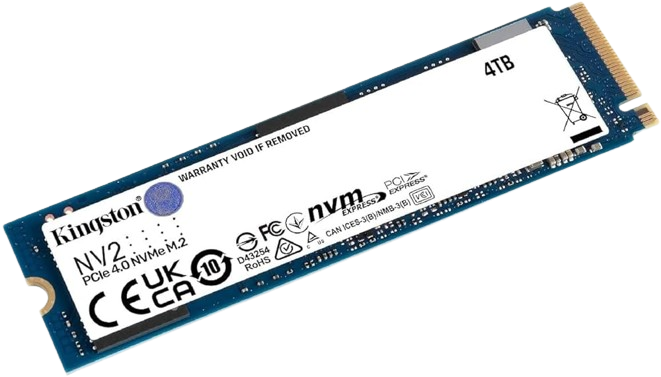

Buy HDD For Laptop
Hard disk drives (HDDs) remain a popular choice for laptop storage due to their affordability and capacity. This guide will help you navigate through the process of selecting the right HDD for your laptop, ensuring you make an informed decision based on your storage needs and budget.
1. Understanding HDDs
- Advantages of HDDs: Discuss benefits such as large storage capacities and cost-effectiveness compared to solid-state drives (SSDs).
- Types of HDDs: Overview of 2.5-inch HDDs commonly used in laptops and their suitability for different laptop models.
2. Capacity Requirements
- Assessing Storage Needs: Determine your storage requirements based on usage (e.g., multimedia storage, gaming, professional applications).
- Choosing the Right Capacity: Guide on selecting HDD capacities (e.g., 500GB, 1TB, 2TB) based on your specific needs and budget.
3. Speed and Performance Considerations
- RPM (Revolutions Per Minute): Explanation of RPM and its impact on HDD performance (e.g., 5400 RPM vs. 7200 RPM).
- Data Transfer Rates: Understanding data transfer rates and how they affect read/write speeds and overall performance.
4. Brand Reliability and Warranty
- Reputable Brands: Recommendations for reliable HDD brands known for durability and customer support.
- Warranty Coverage: Importance of HDD warranty coverage and reliability ratings for peace of mind.
5. Budget-Friendly Options vs. Performance
- Entry-Level vs. Performance HDDs: Guide on choosing between budget-friendly options and higher-performance HDDs based on your needs and budget constraints.
Buy Ram For Laptop
RAM (Random Access Memory) is crucial for your laptop’s performance, enabling faster multitasking and smoother operation of applications. This guide will walk you through everything you need to know about upgrading RAM for your laptop, ensuring you make an informed decision based on your usage requirements and budget.
1. Understanding RAM
- Importance of RAM: Discuss the role of RAM in laptop performance, including its impact on speed, multitasking capabilities, and overall responsiveness.
- Types of RAM: Overview of DDR3, DDR4, and LPDDR RAM types commonly used in laptops, and their compatibility considerations.
2. Assessing Your Laptop’s Compatibility
- Current RAM Configuration: How to check your laptop’s current RAM configuration (e.g., capacity, speed, form factor).
- Maximum RAM Capacity: Determining the maximum RAM capacity supported by your laptop’s motherboard and operating system.
3. Determining Your RAM Needs
- Usage Requirements: Assessing your usage patterns (e.g., casual browsing, gaming, video editing) to determine optimal RAM capacity.
- Multitasking Needs: Understanding how much RAM is necessary for seamless multitasking without performance slowdowns.
4. Choosing the Right RAM Specifications
- RAM Capacity: Guide on selecting RAM capacities (e.g., 4GB, 8GB, 16GB, 32GB) based on your specific needs and budget constraints.
- RAM Speed (MHz): Understanding RAM speed and its impact on overall system performance.
5. Brand Reputation and Reliability
- Trusted Brands: Recommendations for reliable RAM brands known for quality, compatibility, and customer support.
- Warranty Coverage: Importance of RAM warranty coverage and customer service for peace of mind.
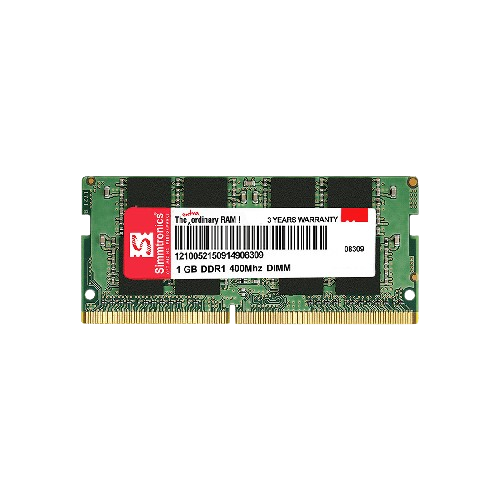
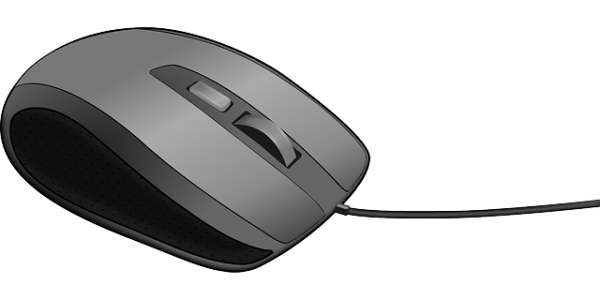
Buy Mouse For laptop
A mouse is an essential accessory for enhancing productivity and ease of use on your laptop. This guide will help you navigate through the process of selecting the right mouse that suits your needs and preferences, ensuring a comfortable and efficient computing experience.
1. Types of Mice
- Wireless vs. Wired Mice: Discuss the pros and cons of wireless and wired mouse options.
- Gaming Mice: Overview of specialized gaming mice with additional features like programmable buttons and customizable DPI settings.
- Travel Mice: Compact and portable mice designed for mobility and convenience.
2. Ergonomics and Comfort
- Ergonomic Design: Importance of ergonomic features for comfort during extended use.
- Size and Grip: Choosing between different mouse sizes and grips (e.g., palm grip, claw grip) based on personal preference.
3. Connectivity Options
- Wireless Connectivity: Benefits of Bluetooth and RF (Radio Frequency) wireless connectivity for freedom of movement.
- Wired Connectivity: Considerations for USB and USB-C wired mice for reliable and low-latency connection.
4. Sensor Type and Performance
- Optical vs. Laser Sensors: Differences in sensor technology and their impact on accuracy and tracking on various surfaces.
- DPI (Dots Per Inch): Understanding DPI settings and sensitivity adjustments for precise cursor control.
5. Battery Life and Power Options
- Battery-Powered vs. Rechargeable Mice: Comparison of battery life and convenience of rechargeable options.
- Battery Saving Features: Features like automatic sleep mode to conserve battery life when not in use.
About Us
Dainfotech provides high – quality Laptop service with train technicians and premium spares, offering a convenient free doorstep pick and drop in Noida along with comprehensive warranty.
Quick Link
- Home
- About Us
- Services
- Contact Us
Contact Us
- 9759339155
- Shop 02,1st Floor, opp.Metro Pillar 236,Hoshiyarpur, Block F, Sector 51, Noida, Uttar Pradesh 201304, India.
